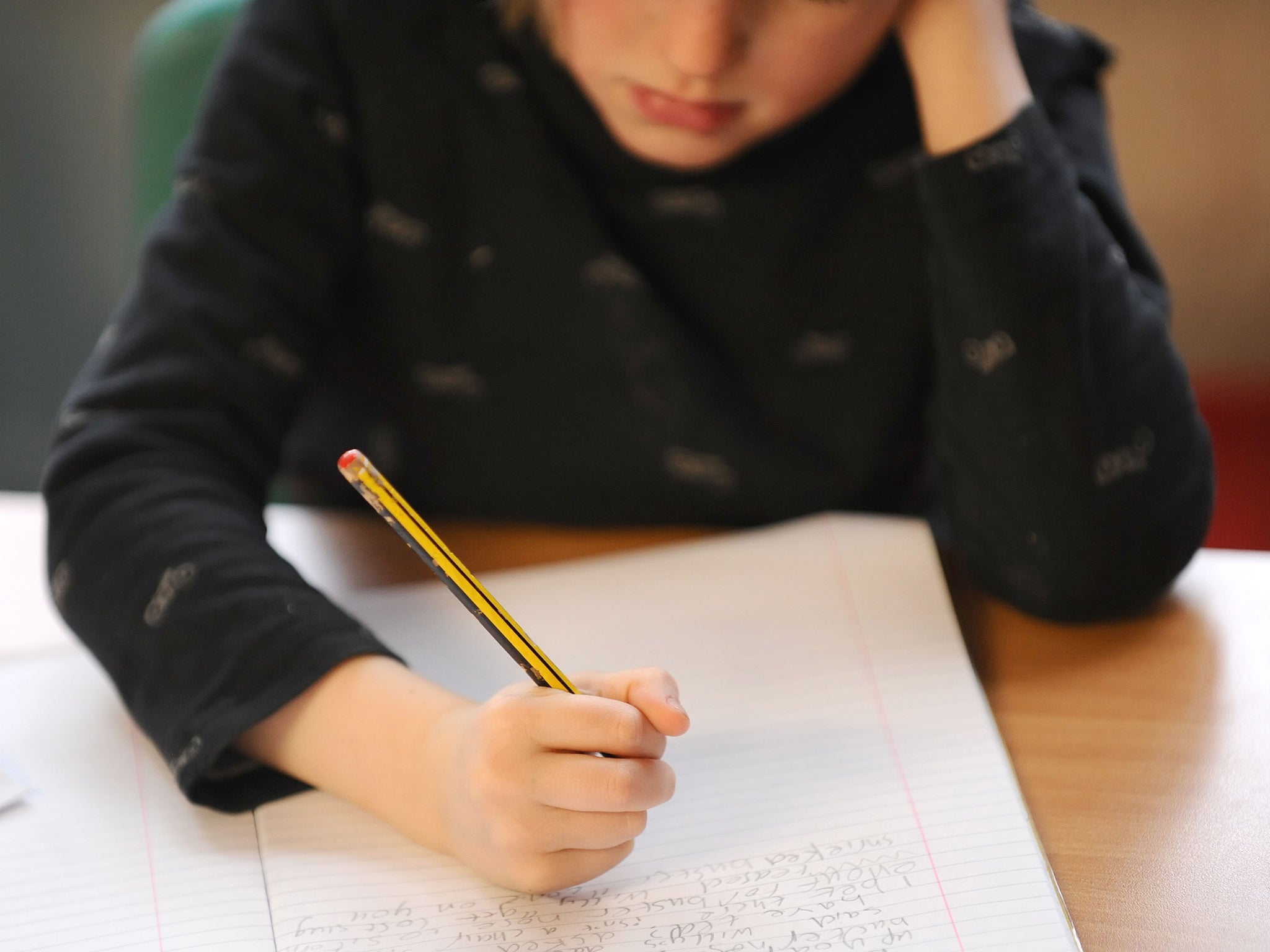Too many children are suffering in silence – it's time to start speaking to them about mental health
Sex education is regularly taught – mental health less so. But it’s all health at the end of the day


Last week marked the final session of the joint inquiry into the role of education in children’s mental health. Among the issues discussed throughout the inquiry were mental health awareness, training for teachers and support for pupils.
I want to consider that first point. Awareness.
The reason I care about this inquiry is because I’ve been there and worn the T-shirt (the mental health one, that is). It was an awkward fit, mainly because I never knew I was wearing it. I thought I was donning the “I’m going to be sick” T-shirt or the “I can’t stop shaking” sweater. That’s what I was displaying to the world and that’s how the world responded to me.
When you’re a child, mental illness dresses itself as something else. And when you’re a child of the Eighties and Nineties, like me, the idea of mental illness affecting you is entirely unimaginable. My mental health “lessons” were held in the village streets with me and my friends playing knock-and-run at the local “nut house” down the road. But even though mental health stigma is rapidly dying down, thanks to campaigns like Time to Change, today’s kids have even more to deal with.
There are some things, however, that haven’t changed. “The talk” you have about periods and sex and how babies are made is both fundamental and timeless. The same prevalence should be given to conversations about mental health, depression and anxiety. If we can find ten minutes to discuss reproduction with teenagers, we can find a few minutes to discuss mental wellbeing.
These conversations have to happen. Sex education is regularly taught – mental health less so. But it’s all health at the end of the day. And just like our reproductive systems, our brains are made in exactly the same why as they were in the Eighties.
Mental health impacts all of this sex and relationship stuff. You can’t separate it. Just like you can’t separate it from school exams because stress impacts mental health, and mental health impacts results.
I can only imagine that the more secure, happy and informed a young person feels, the more likely they are to make better choices in life and be more resilient to adolescent turmoil.
Looking back, my first actual panic attack happened when I was in junior school. I woke up in the night, shaking, crying and feeling sick. I thought I had a tummy upset. But I was never sick. In fact, it was my loving mother sitting with me as my head lolled over the basin that made me feel better – not the ejection of an undercooked Fray Bentos from my “sensitive” stomach. My brain was sensitive, not my stomach. Luckily, my mum knew that she needed to talk me down rather than give me some antacids.

I never told my friends about the panic attacks. It was a new and strange concept that I didn’t realise was part of a developing illness. I confided in my friends about the contraceptive pill, period pain and many other personal medical things – but never panic.
I finally opened up in my mid-twenties. I remember sitting in a pub with some friends and somehow we got onto the conversation of anxiety. All three of us finally admitted that we had suffered from panic attacks. None of us has spoken of it before, and I remember one friend welling up from the relief of saying it out loud. We had all been hanging onto this secret for years because we never knew how to talk about it – or even what it was.
Given the pressures that children and young people are already under, and the knowledge that many of them may be suffering in silence, wouldn’t it be nice to equip them with the tools and awareness so they can look after their mental health as well as their physical health? I certainly think so.
Join our commenting forum
Join thought-provoking conversations, follow other Independent readers and see their replies
Comments
Bookmark popover
Removed from bookmarks